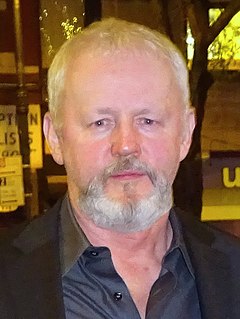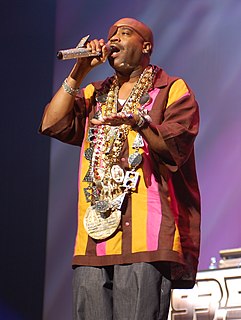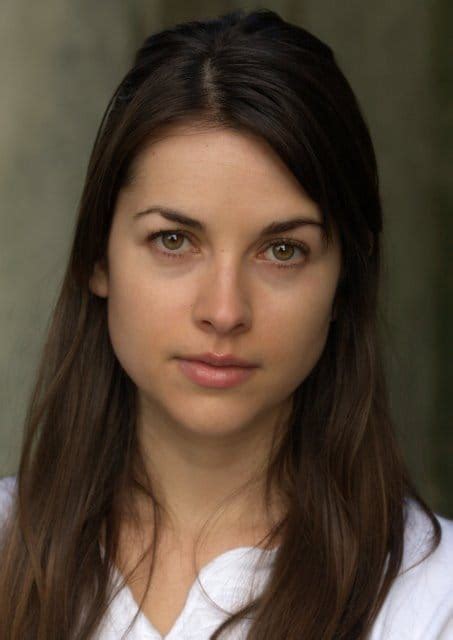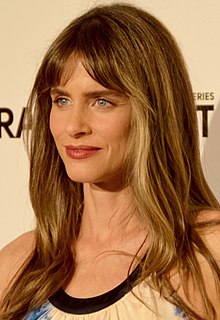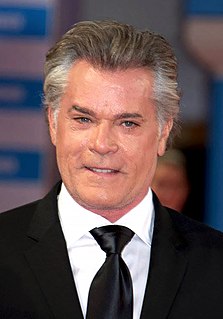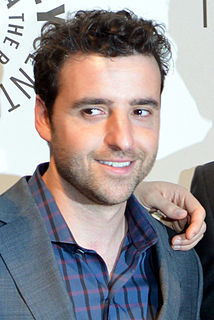A Quote by David Morse
Just in terms of when I got the script, the character I probably liked the least was Big Foster. Because even though he was central to the story and to that world, he was really written to be kind of a brute, a pig, a completely black-and-white bad guy.
Related Quotes
I think that one of the hardest things in the world to be is a black male. I mean everyone hates your guts. White men are afraid of you. White women are afraid of you. The cops hate you. The government wants you dead. Your own people want to shoot you for what you got. You just can't get over it. And even if you are able to get over it you're forced to do it on the white guy's terms.
I was raised in a completely black world. In those days, if a white woman married a black man, she lived as a black woman, and that was just the end of it. So, I don't have a feeling of being bi-racial. I don't have a connection to it. People often come up to me thinking I do have a connection to it, and I kind of let them down because I really don't.
Mark and jay Duplass really like to improvise. Even if we beg them to go back to the script, they invariably ask us to go "off the rails," as they like to call it. It's just the way they work. You get a full written script. And it's really, really, really good, so that's why it's kind of peculiar that they always want you to improvise, because if I wrote something that good, I would want everyone to stick to the dialogue that was written.
Any script, even like The Founder, if it's something that I imagine myself playing this character or that character - any of the characters, basically - how do we flesh these characters out to be good enough to have amazing actors that come in that make it really difficult for them to say no? Even though I'm not right for any of those parts, that's just kind of how we go about it.
We had this terrible thing, this awful thing with 'Black and White' happened, where the design of 'Black and White' was actually... was hijacked by the fan sites. Because what happened is, there were so many fan sites on 'Black and White,' the hype on 'Black and White' was just ridiculously huge. It was completely out of our control.
I don't think it's a bad thing to play a character that's not necessarily a super-woman. Even if the character is a little bit stereotypical, as long as the whole story is good and positive, or makes some sort of important statement, I think it's okay. But, on the whole, you can't just do that, especially as a black woman. It's more of a responsibility. You've gotta let the world see black women being successful, strong, smart, with power and who are self-possessed.
Whenever I read a script or sign a film, I don't see whether he is a bad guy or a good guy. I see how much the character is contributing to the story? How much is the importance of the character in taking the story forward? And what new I would be able to learn and what new I would be able to try in that?
I think Memento movie was hard because people didn't get it, they just didn't understand it. Not from the stage when we read the script and liked it. It's sort of a famous story now how we finished the movie and showed it to distributors and nobody wanted it. So it wasn't just they didn't get the script, they really didn't even understand the movie when it was done. But I think that was a particularly hard one. I don't think it was harder because we were girls, but I do think obviously there are particular challenges to working in a male-dominated industry.
In terms of playing like a straight leading man type thing, I feel like all these guys are kind of not necessarily leading men but straight kind of characters. Even though they may seem bizarre or strange, I feel like I think everybody's nuts. I mean, I really do. And the weirdest thing in the world is to see some guy who is just super earnest.
Seth [Rogen] had written a script with this guy, Evan [Goldberg], who none of us knew, and he was prepared to move to L.A. to try to get a script made. It had no title. I actually gave them the suggestion of naming it Superbad, which they did. I just thought it was a weird, interesting name for it. Evan came to L.A. to live with Seth, to be his roommate. It was kind of like, "Who's the new guy?" Within days, we all loved Evan. Long story short, both of them were groomsmen at my wedding.
